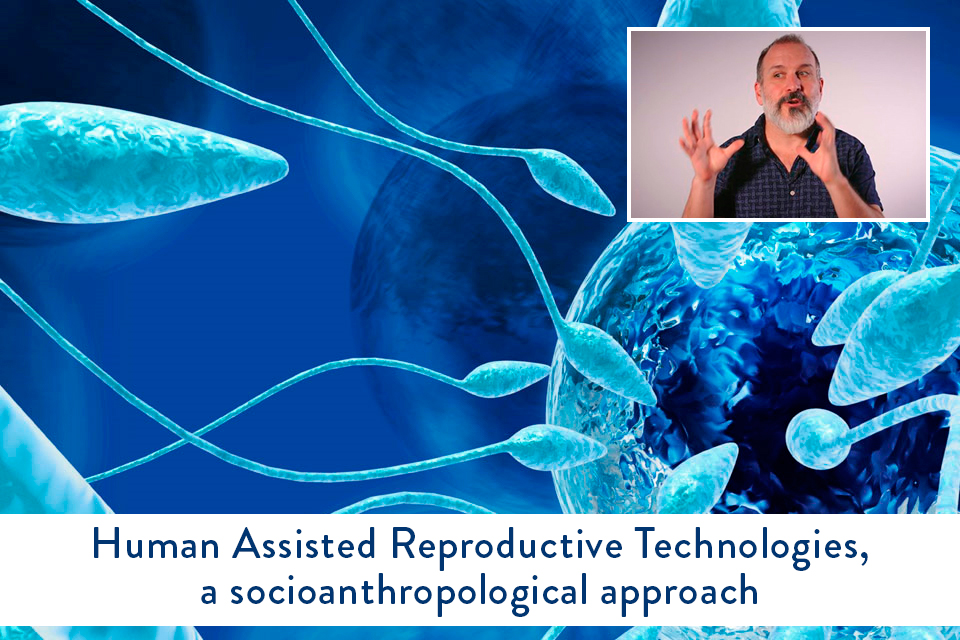Renowned Cultural Anthropologist “Zooms” with SLU-Madrid Students
Leading anthropologist Dr. José Ignacio Pichardo of the Universidad Complutense de Madrid engaged with students via Zoom in a cultural anthropology course taught by Belen Molinuevo, Ph.D. A pioneer in the study of kinship and diversity within families, Pichardo’s presentation tied in directly with the key learning objectives of the course: to recognize, appreciate, value and respect cultural difference and diversity.
For Molinuevo, one of the most challenging aspects of teaching during the COVID-19 crisis is maintaining the motivation and enthusiasm of her students, particularly when they are unable to interact face-to-face (due to different time zones or unreliable access to internet). “The moments when we can talk and have live discussions, thanks to applications like Zoom, are the most rewarding,” she said. Molinuevo strives to provide these kinds of interactions with her students while instructing remotely and seeks outside resources, such as presentations by accomplished peer anthropologists, to enrich students' academic experience.
Entitled “Assisted Reproductive Technologies: A Socioanthropological Approach,” Pichardo’s
presentation exhibited the results of an international studying comparing the different
approaches to Assisted Reproductive Technologies (ART) and their consequences in the
social understanding of the family. The study focused on the ethical issues that arise
from reproductive techniques, namely the anonymity of the donors, the relationship
between the donors and their children, the selective methods and criteria of donors,
and lastly, the business aspect of ART.
According to one student in the class, "I think it is interesting and important to
recognize the variety of people's experiences when it comes to technology like this.
Everyone using ART has their own story and individual reasons for doing so, which
I found to be a really important message about the presentation."
Another student commented, "I found this live session to be really enlightening and
personally helpful. When Dr. Pichardo talked about the quote from a French anthropologist,
[that] 'we are all adopted,' and how it meant that biology is really nothing if you
do not socially accept it, it fundamentally changed my perspective on kinship.”
The topic of ART served as a thought-provoking case study for the final three topics
in the anthropology course: kinship, gender and health.
The culmination of Molinuevo’s course is an ethnography. Students select a topic of
interest and do research according to the basic methodologies of anthropology, such
as site visits and interviews. When the COVID-19 crisis began, the project was adapted
by removing the fieldwork component and basing the research on online interviews.
Several students subsequently approached Molinuevo about changing their ethnography
topics at this late stage in the semester. They proposed studying different aspects
of COVID-19 and how it is affecting communities.
“I was taken aback and touched that they want to learn anthropology through the experience that we are all living through,” Molinuevo shared. “They have shown me their resilience, and I can’t wait to read their papers.”
